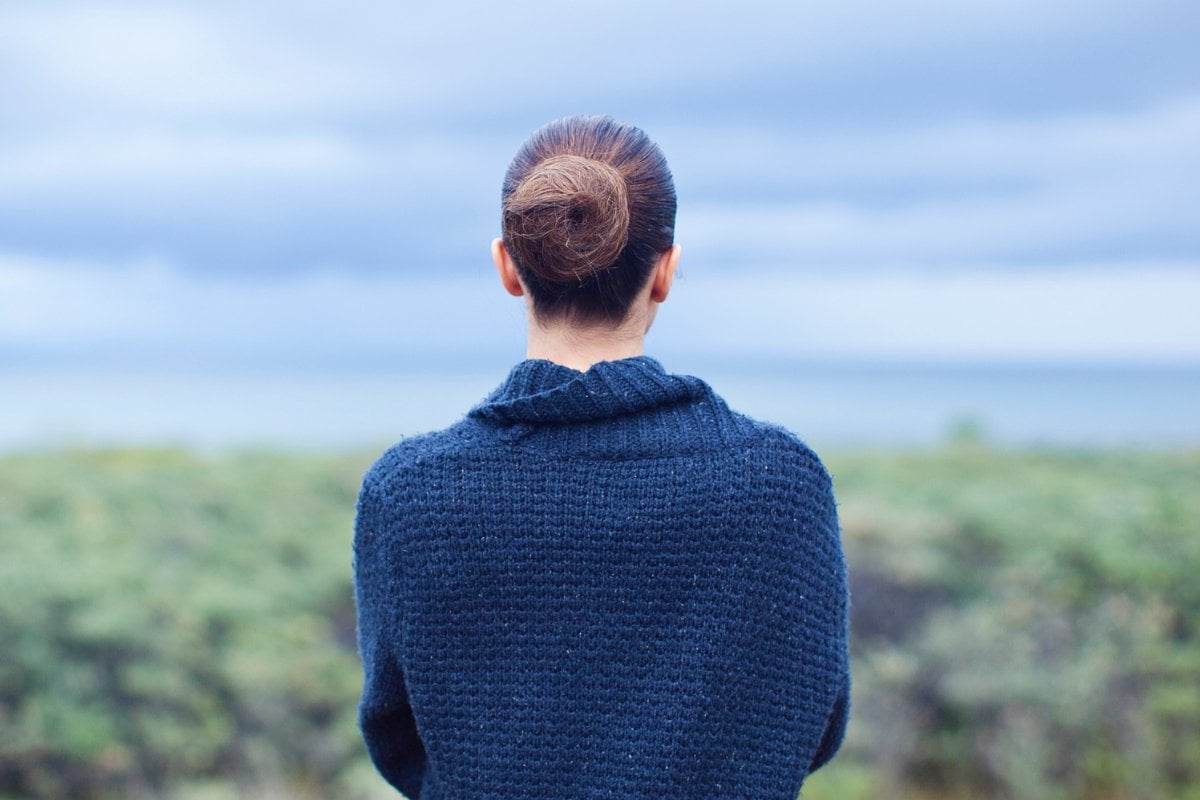
Content warning: This story mentions emotional and verbal abuse and suicidal tendencies that may be distressing to some readers.
Sitting in the kitchen on a sunny Friday afternoon, I chatted to my father-in-law, a gentleman with a heart of gold. His deep laugh, like his love, was constant, familiar, and comforting.
But every time we locked eyes, mine stung with tears. I excused myself to privately breathe through a panic attack because my father-in-law’s kind gaze was a painful reminder of losing not just my dad, but mum too.
I was grieving deeply for both my parents. Only, they weren’t dead. They were no longer in my life, and never again would be as I’d cut them out completely six months earlier.
It was a painful decision that took the best part of 30 years to make. I’d spent a lifetime turning myself inside out to tolerate my mum’s narcissistic abuse, my dad’s neglect, their campaign of pressure, intrusion, vitriol and unkindness. As an only child, estrangement was the last thing I wanted but the only way to have peace.
Watch: Complicated grief and knowing when to get help. Post continues after video.
And, that day sitting with my in-laws, the full force of my pain hit me like a freight train. It’s the symptom of having to grieve in secret because society struggles to understand or accept going no contact.




























































































